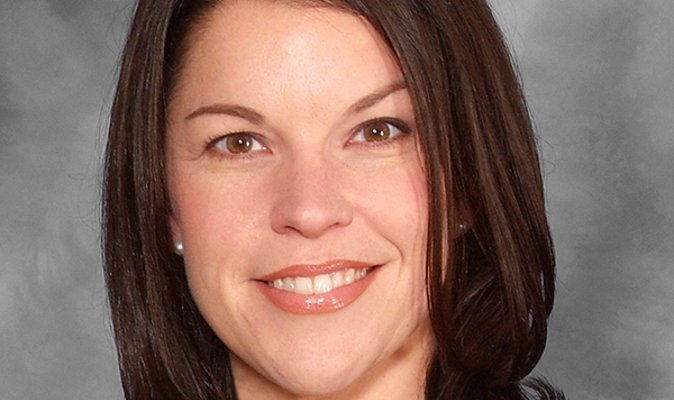California Supreme Court Adopts Attorney Misconduct Reporting Mandate – starts August 1st, 2023
After about a year of deliberation among the bar and the court, the CA Supreme Court has adopted the so-called lawyer “snitch” rule, requiring attorneys to report misconduct by their peers, beginning August 1, 2023.
You can read more about it at the LA Times or at The Recorder.
The new rule obligates attorneys to notify the CA State Bar if they have, according to the rule, “credible evidence that another lawyer has committed a criminal act or has engaged in conduct involving dishonesty, fraud, deceit” or other wrongdoing that “raises a substantial question as to that lawyer’s honesty, trustworthiness, or fitness.” Misconduct is defined in the rule here.
As mentioned in the LA Times, attorneys who do not comply face penalties of up to a three-year suspension of their law licenses.









